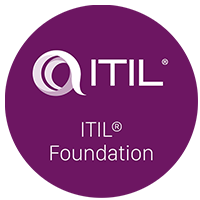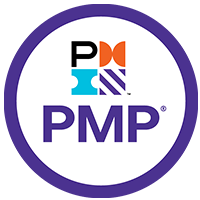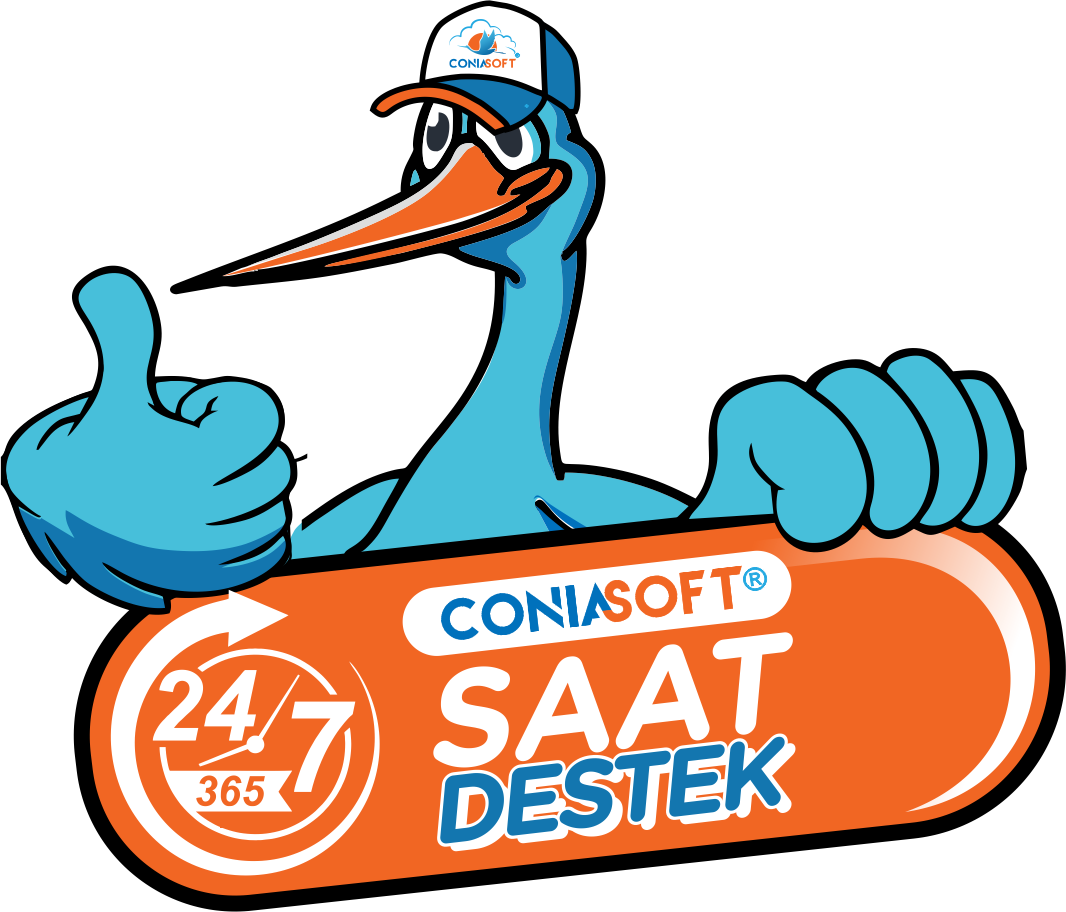The world of software development can sometimes feel like a foreign country, complete with its own intricate language. If you’re involved in any aspect of creating, managing, or even just discussing software, a solid grasp of its core terminology isn’t just helpful – it’s absolutely vital. Misunderstandings can lead to costly errors, wasted time, and frustrating project delays.
Whether you’re a seasoned developer, an aspiring project manager, a meticulous QA engineer, or a product owner, this guide will equip you with the fundamental terms you need to navigate the exciting, ever-evolving landscape of software development with confidence. Software development is a vast and dynamic field, and like any specialized domain, it comes with its own unique language. For anyone working in or around software – from developers and testers to project managers and business analysts – understanding these terms is crucial for effective communication, efficient collaboration, and successful project delivery.
Here’s a blog post outlining essential software development terms that every software personnel must know:
The Building Blocks: Core Concepts
- Source Code: This term refers to the meticulously crafted set of human-readable instructions that developers write using a variety of programming languages, such as Python, Java, and C++. Acting as the foundational blueprint for software applications, source code details the intricate logic and functionality necessary to bring the program to life, illuminating the pathway of what the software is designed to accomplish.
- Compiler/Interpreter: These tools serve as crucial translators within the programming ecosystem. A compiler is a specialized software that takes the entire source code and meticulously converts it into machine-readable code—commonly known as executable code—before the program is executed. This transformation optimizes performance by preparing the entire application for seamless execution. In contrast, an interpreter translates and executes the code on a line-by-line basis at runtime, allowing for immediate feedback and interaction. This feature is particularly beneficial during development and debugging, as it enables developers to test and refine their code in real time.
- Framework: A framework acts as a robust foundation for application development, consisting of a pre-written collection of reusable libraries, tools, and best practices. Well-known frameworks such as React, Angular, Django, and Spring Boot simplify the development process by managing common functionalities and architectural patterns. This allows developers to focus their creativity on implementing unique features of their application rather than getting bogged down in repetitive setup code.
- Library: In comparison to frameworks, a library is a curated assortment of pre-written code snippets, functions, and modules tailored to perform specific tasks. Libraries provide developers the flexibility to invoke their functions as necessary, empowering them to integrate valuable features without the need to rewrite complex code from the ground up. This modular approach not only enhances efficiency but also promotes the reusability of code, making development faster and more streamlined.
- API (Application Programming Interface): An API is a structured set of guidelines and protocols that facilitates interaction and communication between diverse software applications. By specifying how different software components should engage with one another, APIs enable a seamless exchange of data and functionality across various systems. This interconnectedness simplifies the integration of multiple services, enriching application capabilities and user experiences.
- IDE (Integrated Development Environment): An IDE is a comprehensive software suite designed to equip programmers with all the essential tools for effective software development. Typically, it encompasses a source code editor for writing and modifying code, build automation tools that streamline the compilation process, and a debugger that aids in identifying and resolving errors. Popular IDEs, such as Visual Studio Code, IntelliJ IDEA, and Eclipse, each offer distinct features tailored to meet the diverse needs of developers, enhancing productivity and facilitating efficient coding practices.
Final Thoughts
By familiarizing yourself with these terms, you’ll not only enhance your understanding of software development but also contribute more effectively to any project. Clear communication is the cornerstone of successful software, and a shared vocabulary is the first step!


















